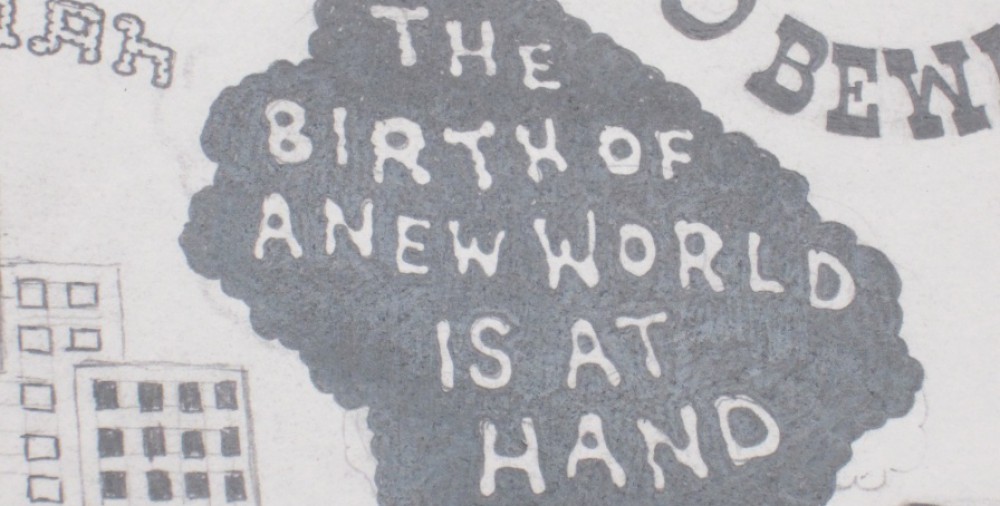The first couple of pages of Brave New World and Brave New World Revisted written by Aldous Huxley caught my attention almost immediately. The title itself was confusing when trying to connect the ideas with utopias and dystopias, but as I kept reading, I merged and concluded the topics instantly.
Right away, I was astonished as to why the students visiting the facility worshiped the Director of Hatcheries and Conditioning to the point where his words were considered “gold”; the students took notes on absolutely everything he stated. I thought about the possible respect they had for the Director, however, what could he possibly have done or invented to be praised upon all? I was in utter shock to realize his work and his intensions to possibly create his own world.
The Director of Hatcheries and Conditioning is in charge of his own operation, in my opinion, like a laboratory to multiply and/or create human beings, specifically groups of twins by simply using one embryo. I thought about his concept and I concluded that he possibly wanted to have this method of creating human beings to populate “his world” and since they will be participants in his mind, they all shall be operated through him. The comparison I had in mind was forcing human beings to be a part of his creation, ruled by his own regulations without an opinion to be stated; kind of like slavery–to an extent.
But what was most shocking is the Director’s plan of conditioning upon the babies created by Bokanovsky’s Process, is that they intend to control the product of the embryos and have full control on how their lives will be. The author states, “No wonder these poor pre-modern were mad and wicked and miserable. Their world didn’t allow them to take things easily, didn’t allow them to be sane, virtuous, happy” (47 Huxley). This statement emphasized on the idea the Director had in mind, control. But why control the possible citizens in his possession? Why create duplicates using only one single embryo? What is its purpose?
While reading the first five chapters of the novel and connecting it to the english course I am currently enrolled in (topics of Utopia and Dystopia) I have convinced myself that the Director has envisioned his utopian world consisting of the perfect, full-control, over-populated citizens to be a member in his world. With the constant analysis, test tubes, examinations and so on, it is clear that the Director is focused on the idea of perfection and controlling every aspect of it as possible. I may be wrong, but why else would someone be this mad? To carefully and constantly make examinations in creating the perfect specimen and using operant conditioning to control them?
I believe the idea of operant conditioning is very powerful. I once studied this in my psychology class, although it was several months ago, I remember it vaguely. I remember there is a positive and negative conditioning, and although I don’t remember it perfectly, I remember the impact it had on the patient/target and how it controls their mind. The connection here is, by the Director of Hatcheries and Conditioning, using conditioning to control the products of one single embryo, he may well be closer to creating his “perfect” world consisting of “perfect” citizens.
I may be wrong in theory but I strongly stand by it. As I read on the next chapters, it can make or break my conclusion. We shall wait and see.



